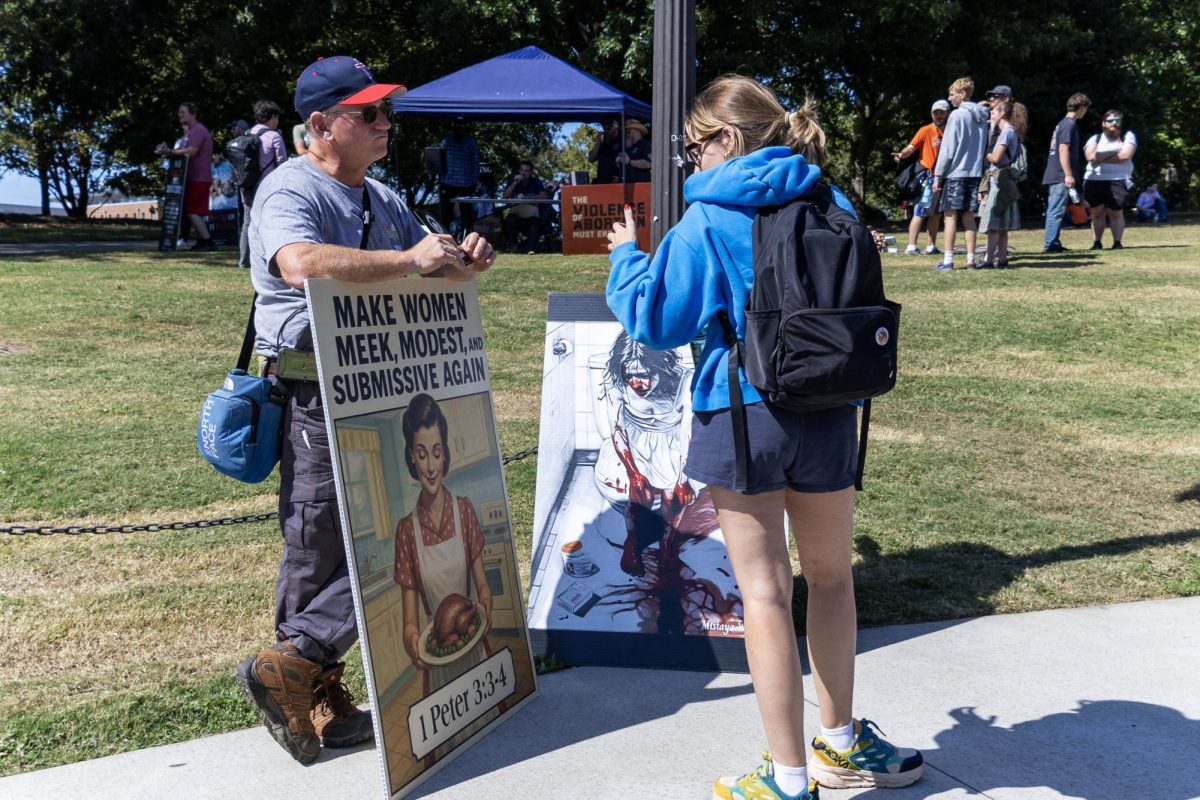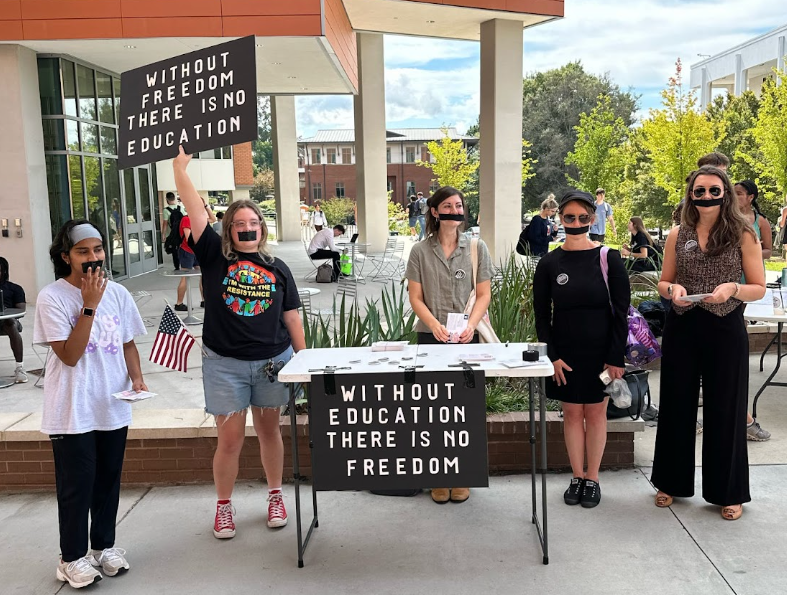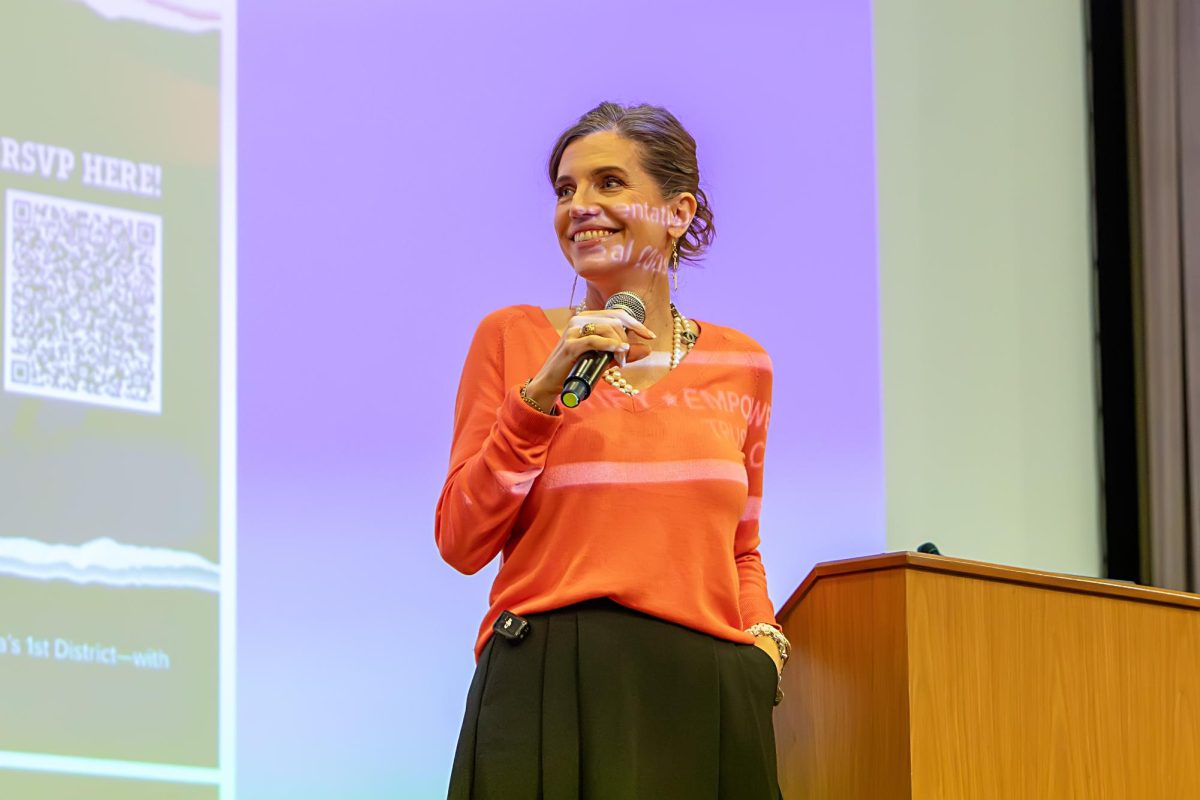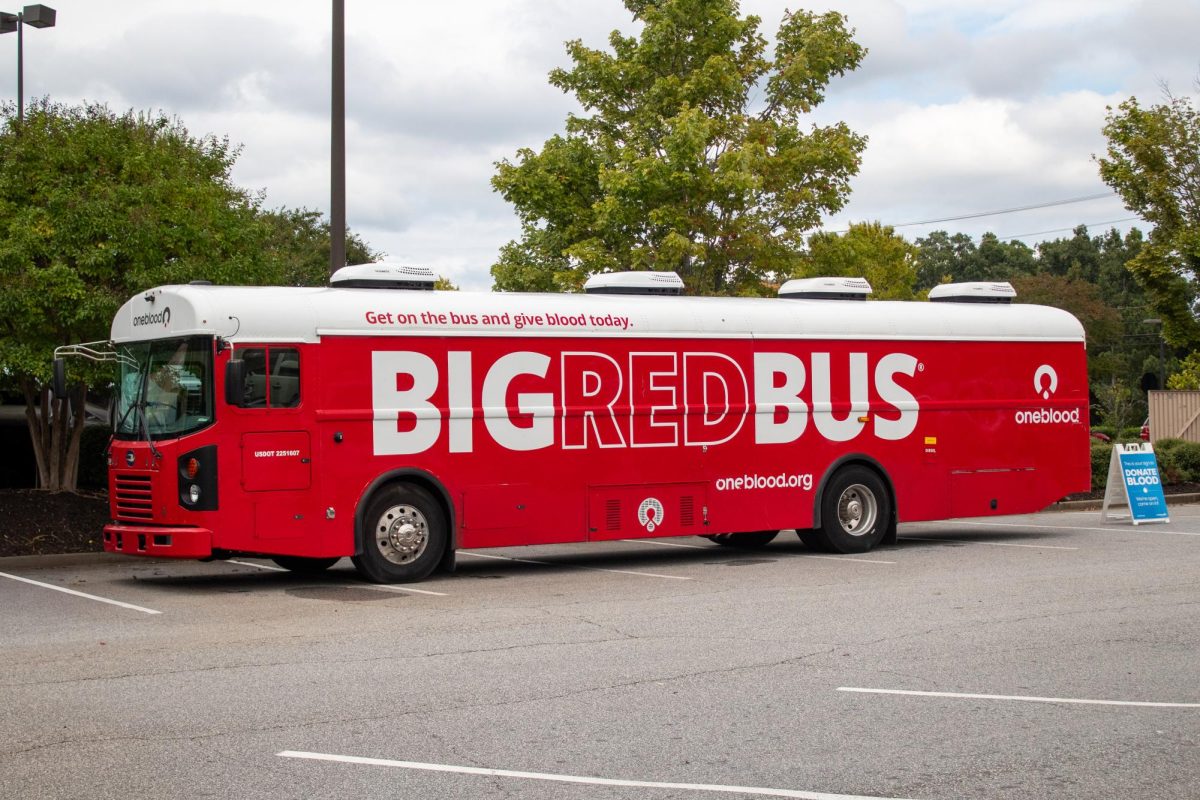When student Mark Benton graduated from Auburn University with an industrial engineering degree, he was looking for a “hands-on” graduate engineering experience. An experience that would, in Benton’s words, allow him to “jump with both feet into the deep end.”
“It’s what I like most,” Benton said.
The Deep Orange project is the result of collaboration between graduate automotive engineering students at Clemson University, transportation design students at ArtCenter College of Design and automotive industries. Students participate in the CU-ICAR (Clemson University International Center for Automotive Research) program for two years and are given the opportunity to design a new vehicle prototype every year.
Professor Johnell Brooks, an associate professor in Clemson’s graduate engineering program, described the experience as an “automotive boot camp for the real world.”
“Deep Orange gives students hands-on experience with the entire vehicle development process, from identifying the market opportunity through the vehicle build,” said Brooks.
This year’s prototype is the sixth car in the series. The team of 18 automotive engineers cooperated with design students and Toyota Motor Engineering and Manufacturing North American to create the “uBox,” or the Deep Orange 6. The vehicle is an attempt to appeal to the younger, more technologically-orientated generation. The generation is typically referred to as generation Z.
“Through Deep Orange 6 we wanted the students — all Gen Z — to study and identify the needs of their generation and create a utility vehicle that supports their lifestyles,” said Jeff Makarewicz, senior vice president of Vehicle, Quality, & Safety Engineering at Toyota Motor North America. “We expected to challenge students to go beyond what they’ve learned in the classroom and work across multiple disciplines to investigate, design, develop and build a vehicle targeting their generation.”
Each feature of the uBox attempts to cater the needs of the typical urban dwelling generation Z member. Benton, who is also the project manager, noted that one feature of the vehicle is the consumer’s ability to customize it.
“Gen Z is very product-orientated, they’re not brand loyal, but they are very brand conscious,” said Benton. “So they like to have products they can customize.”
According to the car’s website “http://cuicardeeporange.com” The owner can switch out interior panels to personalize their environment.
uBox also includes a flat interior floor with nesting and removable seats to create a mobile office space, and because the car is electric, it can exist as a mobile power source with 120v AC receptacles inside and outside. This means that the car holds the ability to power consumer electronics, power tools, and other devices. This feature, according to the team “empowers the entrepreneurial, adventurous spirit of Generation Z.
Benton said one benefit of the project was working with Toyota.
“Toyota was fantastic, from the local dealership to meetings with vice presidents all the way up, every single person treated us like professional colleagues. They asked tough questions, they were respectful and they
were very generous with their time,” Benton said. “Allowing us to put their brand on the product has meant the world to me and our team.”
Toyota Executive Program Manager Craig Payne said watching the hard
work from the project pay off was also rewarding.
“Watching the hard work and the late hours pay off for these young engineers has been rewarding,” said Payne. “As has watching them develop unique
design and manufacturing processes such as the roof rail extrusion.”
The car will remain on display at Toyota Atrium Exhibit area of Cobo Center from Tuesday through Thursday.
Its introduction into US markets will occur in 2020.









